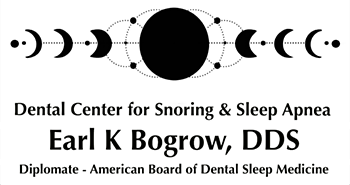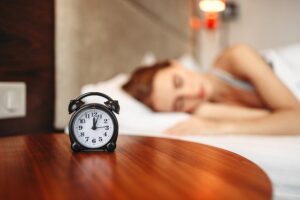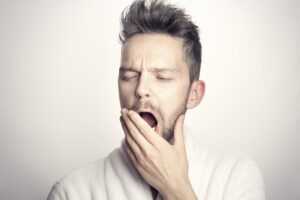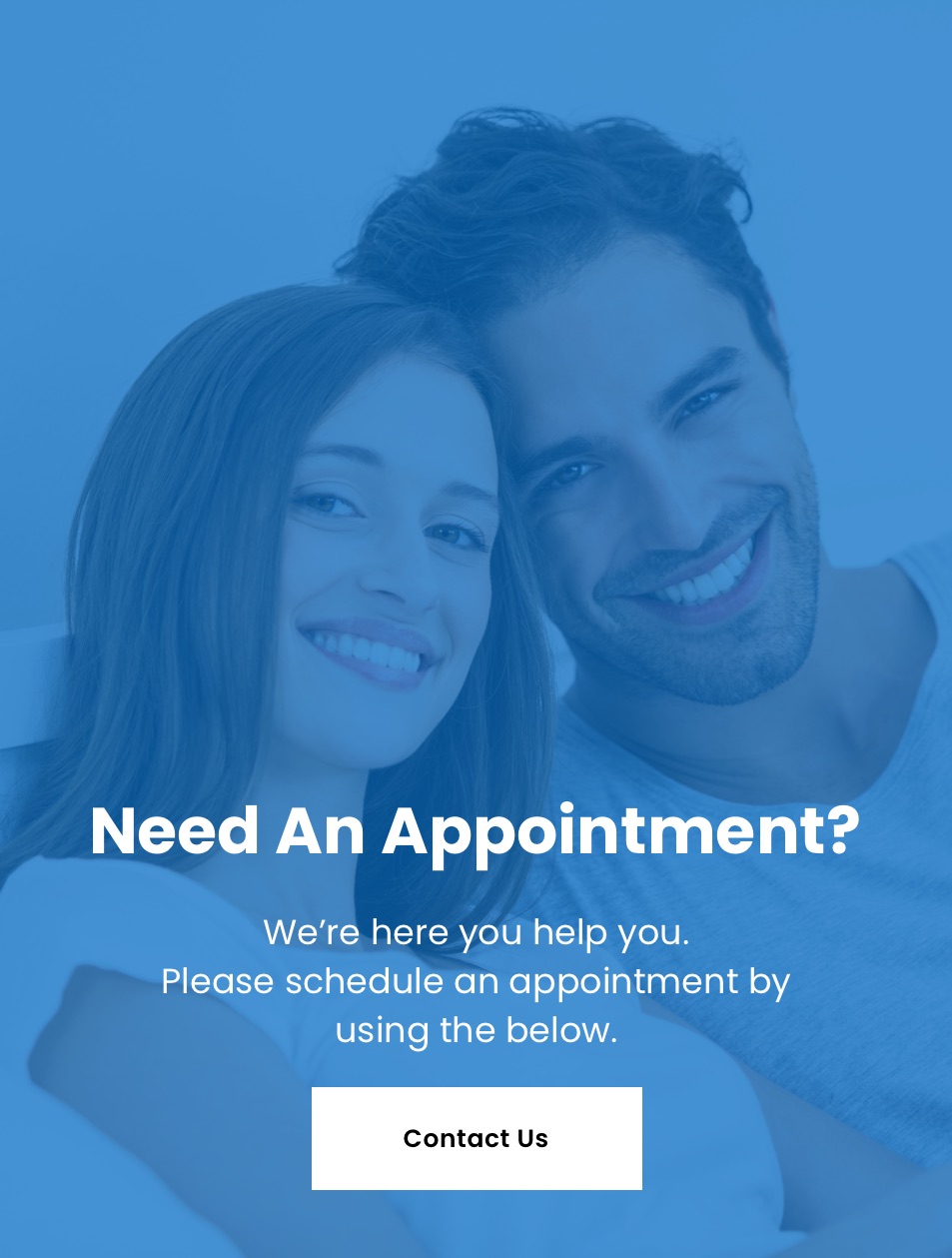How Can I Know If I Have Sleep Apnea When I Live Alone?
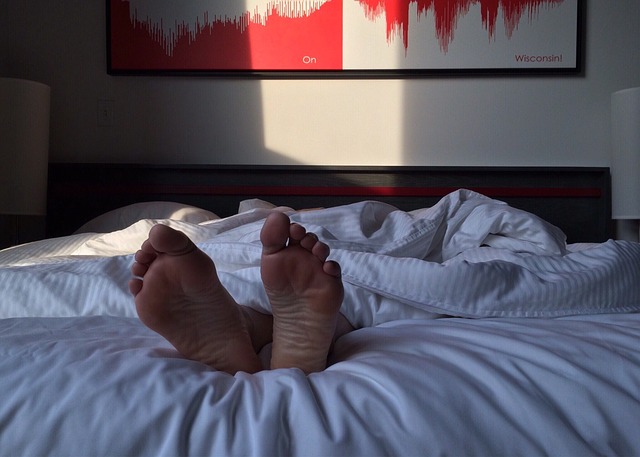
A lot of people discover they have sleep apnea because a roommate, partner, or even their child lets them know how badly they snore at night. But if you live alone, you may not be aware that you snore at all. You could be missing this vital clue that alerts you to sleep apnea and an obstructed airway. If sleep apnea goes untreated, it can lead to serious problems like high blood pressure, obesity, and more. Have you asked yourself, “How do I know I have sleep apnea when I live alone?”
What is sleep apnea?
Sleep apnea is a disorder. When a person with this condition is sleeping, their breathing is interrupted. Sometimes this pause in breathing lasts only a second or two. But for some people, it can last as long as several minutes. It can also occur numerous times throughout the night. For many individuals, once they start breathing again, they do so with a snort or loud snore that alerts others to the issue. Obstructive sleep apnea is the most common type. It occurs when the throat’s muscles relax and block airflow. This makes it difficult, if not impossible for the person to breathe.
What Are the Signs I Have Sleep Apnea when I Live Alone?
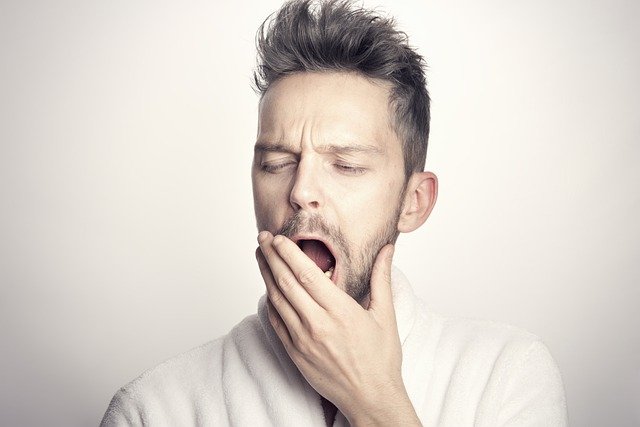
If you live by yourself, you may not be aware that you have sleep apnea, unless of course, you wake yourself up snoring. There are plenty of other signs for you to watch out for that can alert you to the issue. If you have asked, “how can I know I have sleep apnea when I live alone?” Here are a few of the signs you may be suffering from sleep apnea,
Waking up with a dry mouth.
When a person has sleep apnea, they tend to sleep with their mouths wide open as they attempt to get more air. This can lead to an extremely dry mouth when waking up. Sometimes, people with sleep apnea find themselves getting up several times throughout the nighttime hours to get a drink of water.
Frequent Headaches
Do you often wake up with a headache? It can be a sign that you are not getting enough sleep, or that your sleep is disrupted. When sleep apnea disrupts your sleep night after night, your body lacks rejuvenating deep sleep. This can lead to frequent headaches.
Painful Jaw or Teeth
If you grind your teeth in your sleep, you may wake up with pain in your teeth or jaw. It may just be the result of extreme stress. But it can also be a sign that your jaw muscles are strained at night as you struggle to breathe.
Wake up Gasping
One of the most alarming symptoms of sleep apnea is waking up gasping for air or feeling like you are choking. You don’t need a partner to inform you of this sign! When you don’t get enough oxygen your body will start to gasp trying to get more air in to survive. This can have long-lasting effects and increase your risk for a heart attack or stroke.
Extreme Daytime Sleepiness
Anyone can become a bit fatigued during the daytime hours. But people who have sleep apnea experience it on a much higher level. Do you frequently fall asleep while working at your desk? Maybe you find yourself dozing off while watching TV or more dangerous when driving. If you think you are getting the recommended amount of sleep each night, but still feel overly tired or sleepy during the day, you may have sleep apnea.
How can I know if I Have Sleep Apnea When I Live Alone? Contact Us!
If you have these signs of sleep apnea, you will want to speak with your physician about getting a sleep study. Once your doctor has diagnosed you with sleep apnea, please contact us for a consultation to determine if an oral sleep appliance would be a good fit for you as a treatment for sleep apnea. Dr. Bogrow is a leading sleep apnea dentist and suffered from sleep apnea himself. He understands how difficult it can be to not get enough sleep and has years of experience fitting custom dental appliances that work effectively for his patients. Fill out an appointment request today!
